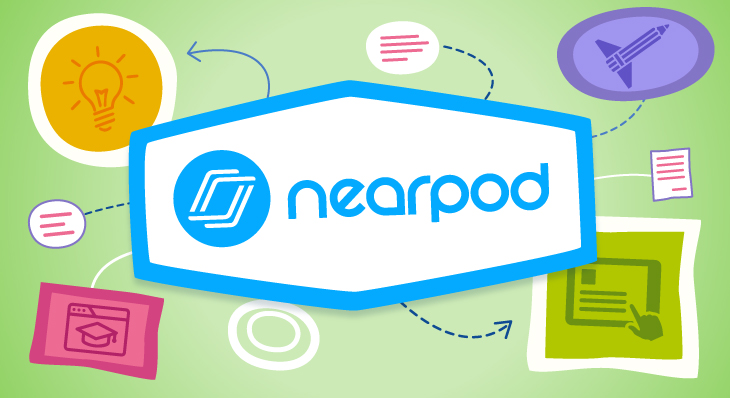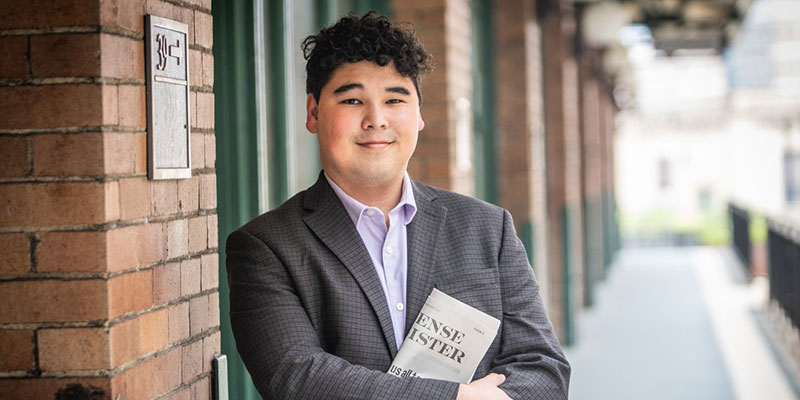Peggy Wang is a young entrepreneur who helped in starting Ego. Ego focuses on a sandbox style video game creator experience. Early in its development stages, Ego has worked with AI to help players develop and create sandbox style games into a simulation for prospective players and has raised nearly 7.5 million. Similar styles deal with well-known games such as “The Sims” and “Minecraft.” Ego’s comparative advantage deals with their ability to develop games through AI prompts such as ChatGPT. For many, AI has been seen as a cheat or shortcut in many cases. In the eyes of the entrepreneurial mind though, AI is an ever-growing resource which has opened unlimited possibilities and access to new beginnings.
Peggy Wang and her startup EGO has a main focus on simplifying the production of new simulation type games without the use of code through AI. Wang believes the use of AI promotes unlimited unique possibilities, providing experiences and processes that have yet to be implemented. Wang states “We’re building a game that people can play forever.” In a highly male dominated industry, Wang is bringing forth a new perspective reaching for male and female prospective gamers.
The use of AI has been extremely controversial over the last few years. The creative ability has amazed many through apps such as ChatGPT and OpenAI. Young entrepreneurs such as Peggy Wang are using these new resources to further creativity in areas such as gaming and graphic technology. While many are hesitant to use such resources, EGO believes in capitalizing on them and has been consistent in striving to gain “first mover advantage” and being “first at bat” in the use of AI and its endless knowledge to help others in the development of games and new tech in which a majority of young consumers are most interested in.
The Ultimate 30 Under 30 Forbes List of 2025 – GreekReporter.com




